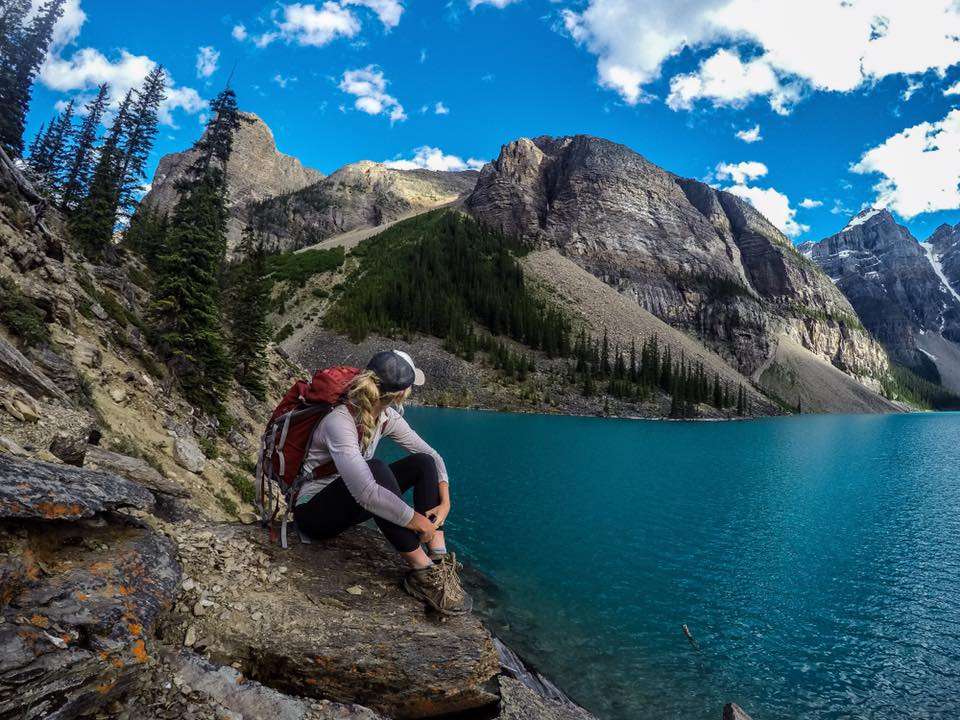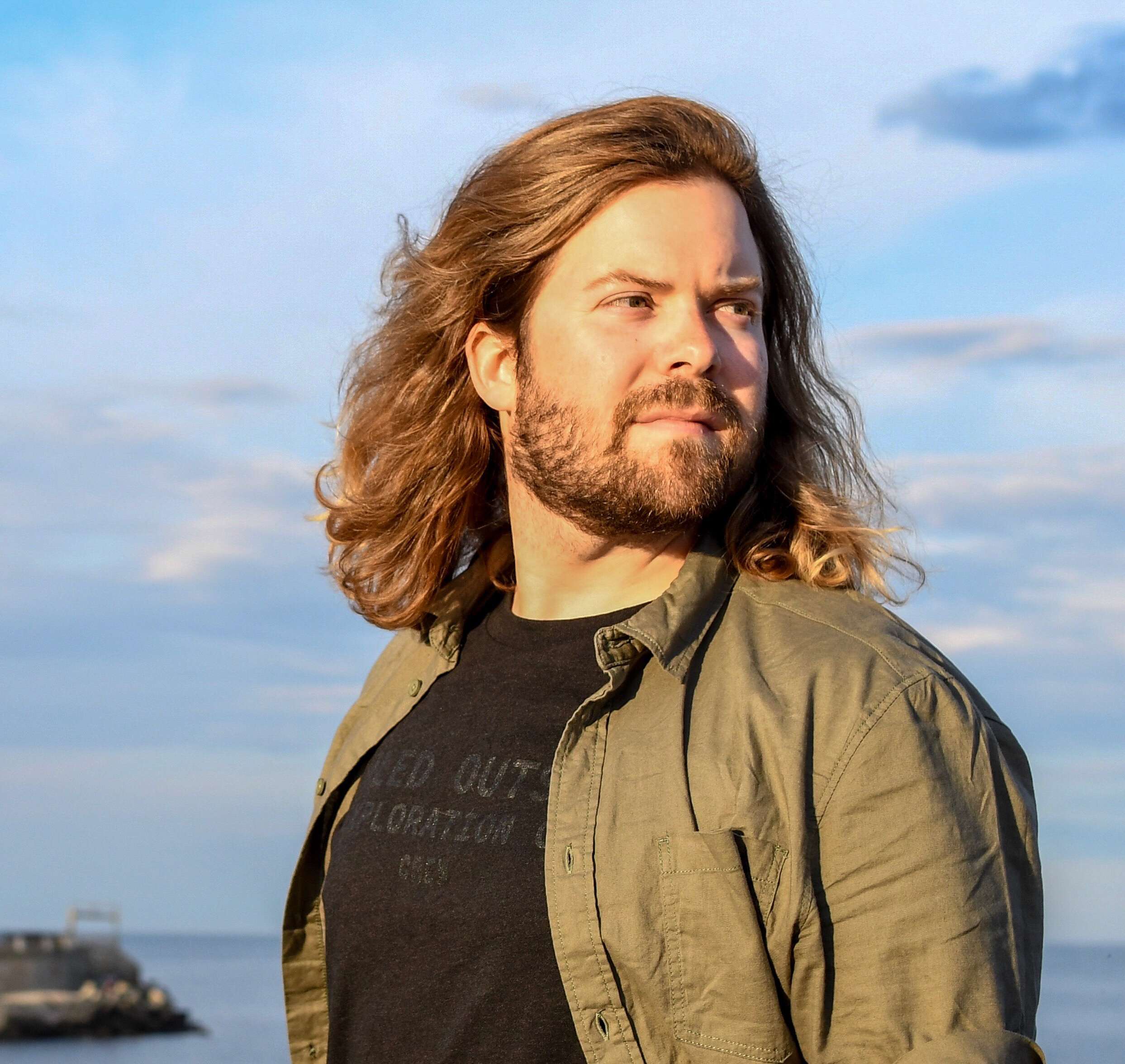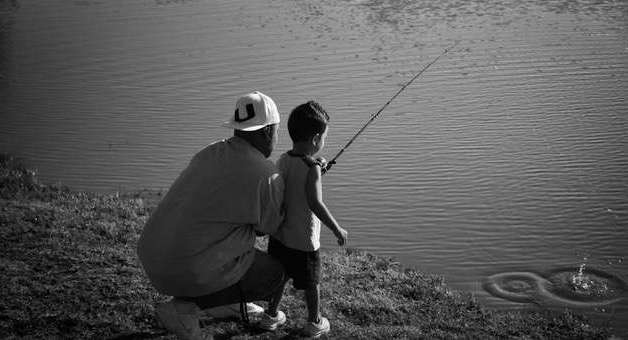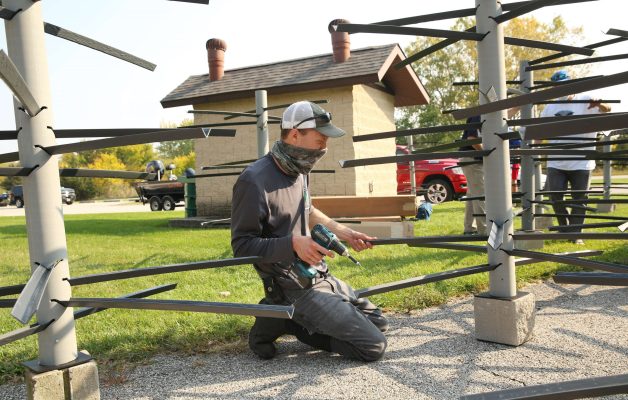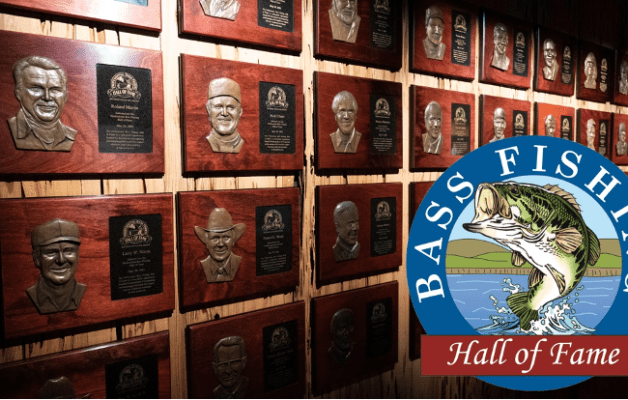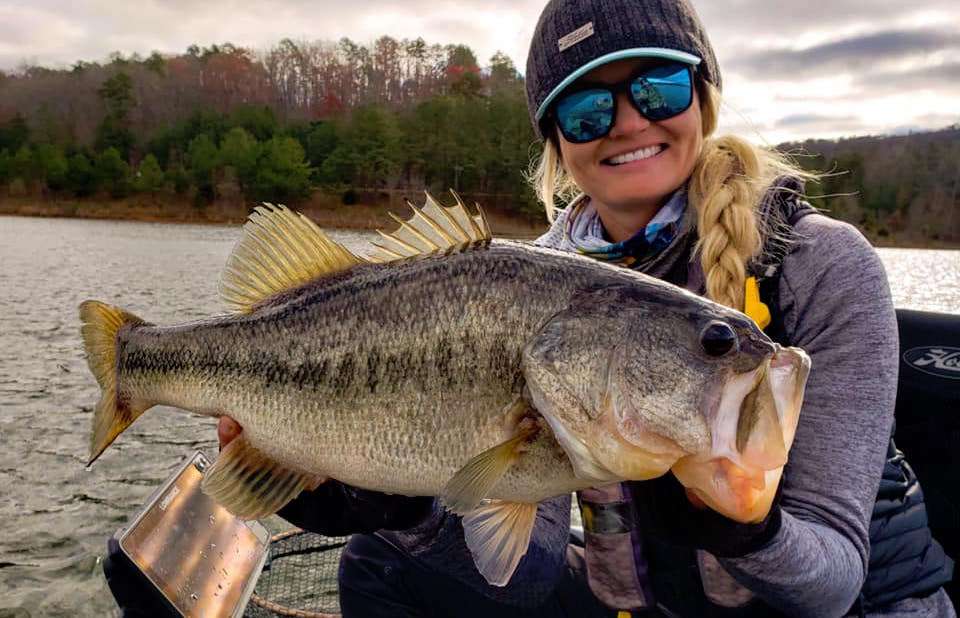
She sat atop a frozen lake in Utah. Beneath snowcapped mountains, a rod began to bend under the glowing morning light. Seconds later, the snap of a camera shutter would etch the shimmering scales of her catch on a digital timeline.
By now, the purple hues of that rainbow trout are just one frame of a fish-fueled mosaic that Kristine Fischer has created over the last five years. It’s a mosaic that paints a portrait of angling and adventure from the bright waters of the Bahamas to the blackest swamps of bass country and, yes, to the icy peaks of the Mountain West.
Today, Fischer is enjoying the spotlight of a rising career in bass fishing. She’s a competitor ” this year, and a multi-time national kayak tournament champion. She’s inked sponsorship deals with Z-Man, St. Croix Rods, AFTCO, Plano, Aqua Vu and RAM Mounts among others. To some, this may look like the unreachable pinnacle of a plan years in the making.
But Fischer disagrees. At her heart, she’s still a girl looking to quiet the chaos of the world around her. Fishing is her way to do so.
“It started as an outlet,” Fischer says. “It was an outlet for exploration and self-discovery. I wanted to get out of my comfort zone. I was in my mid-20’s. I was asking myself things like, ‘Who am I? What do I want to be? What do I want to do?’ Nothing made sense, and fishing allowed me to go outdoors and go look towards the future.”
That her search ultimately took Fischer, a small-town girl from Nebraska, to around 40 U.S. states. For a time, she held a fishing license in about 25 of them, making regular loops to and from favorite fishing holes in search of not only bass, but also trout, walleye, sturgeon, muskie and pike—all in a quest to explore the highways of America and the synapses of her soul.
“We live in a society where people push the four year college degree,” Fischer adds. “They push a white picket fence, and a 401k and a retirement plan. It’s shoved down our throats as children, and when we grow up we are released into the world on that course. Luckily, I have always been one to ask questions. I have always gone against the grain in everything that I have done, and I’ve had several moments on the road where I realized that this is me living the life I always envisioned for myself.”
One such moment occurred six years ago at a remote camp in Wyoming’s Big Horn Mountains.
The Big Horns scrape 13,000 feet above the Earth’s crust about halfway between Yellowstone National Park and the looming specter of Devil’s Tower National Monument near the South Dakota border. Situated between two iconic national parks with very little in the way of cities nearby, the Big Horns tend to be overlooked my most travelers. They’re a wild and sparsely populated range home to moose, elk, eagles and black bears.
“I drove out there in the middle of the night with zero signal and set up my tent. I had no idea where I was, but I woke up about 100 yards from this alpine lake. The sun was coming down on it—it was the most beautiful thing—and I was in the middle of nowhere. I fished that lake. I caught a couple of brook trout in it, and I knew then that I had never felt more alive.”
On her first forays, she’d pack fly rods because they’re easily collapsible and stow in backpacks, backseats and bags. Fishing, she’d learned, was the one way to quiet her hyperactive mind. And it was an excuse to stay out on the road, away from the picket fences that, in her mind, do more to contain people than protect them.
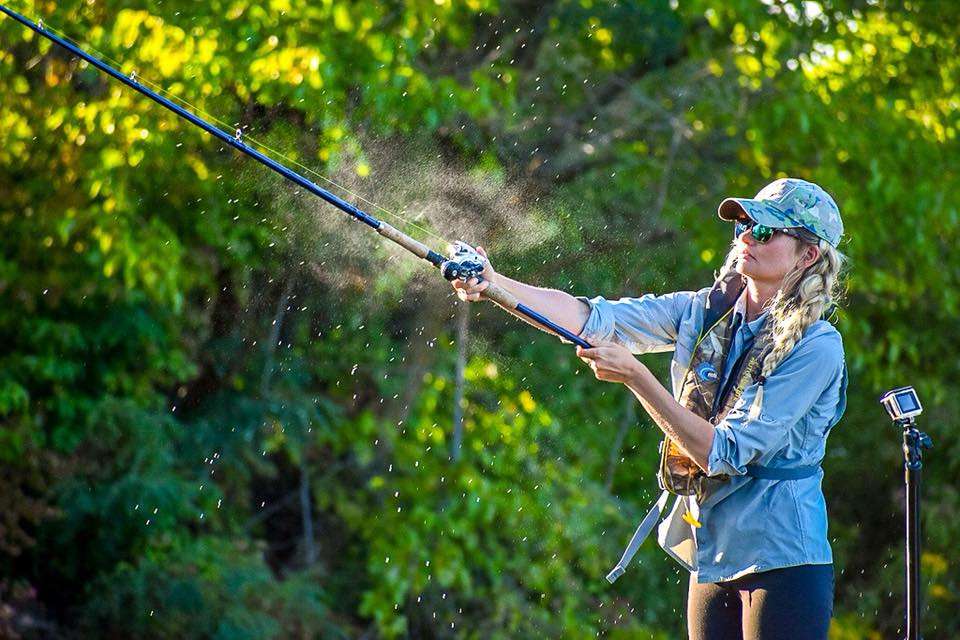
“The best thing you can do for yourself is find diversity in food and culture and people. The biggest thing that stops women, I think, is fear. Fear can be so binding in every single capacity.
“To a degree, you have to get over that fear. I wish everyone out there could take one solo trip. Just one. Because you have to take that first step, and nobody can do it but you.”
State by state, lake by lake, Fischer learned to let go of the fears that kept so many peers glued to her hometown in Nebraska. With a fly rod and a backpack, she braved the slot canyons of Utah and the glacier fields of the Canadian rockies. In 2016, she’d purchase a used fishing kayak while working at a Lincoln, Nebraska sporting goods store.
That decision would ultimately lead to a full-time life on the road focused completely around fishing, one that—with a bass rod in tow—has taken her through the pad fields of the Florida Everglades, the towering reeds of the Louisiana marshlands and the swelling waters of some of the country’s largest reservoirs. And though she’d grown up with a shared family knowledge of fishing, the bass game was entirely new.
“Everyone thinks I grew up with a bass rod in my hand, but I didn’t. My roots are walleye and pike and perch. My family didn’t fish for bass, aside from farm ponds and maybe throwing a Mepps spinner. So, flipping and pitching and drop shotting…I didn’t have any idea how to do that until recently.”
For months, Fischer would wake up at 4:00 a.m. and fish for two hours before heading to work. At first, she’d trade shifts at the sporting goods store; but ultimately her love of the water took her into the world of personal training, where she’d become certified as a pilates instructor, “to create more freedom, to make my own schedule,” she says.
Today, Fischer is once again carving out another niche for herself. She’s fueling a YouTube channel with content created on the road and leveraging a growing social media following (@midwestfishergal) to put food on the table. She’s also aiming to ride a successful 2019 tournament season into 2020. That path, she hopes, will land her on the stage of the Bassmaster Classic in March.
And the picket fence? Fischer has no plans of ever building it. She’s now a full-time nomad, waiting patiently on the upcoming bass fishing season…and still hauling in alpine trout nearly a decade after she first left her old world behind.
You can learn more of Kristine Fischer’s fishing secrets and tips over at Go-Outside.com
